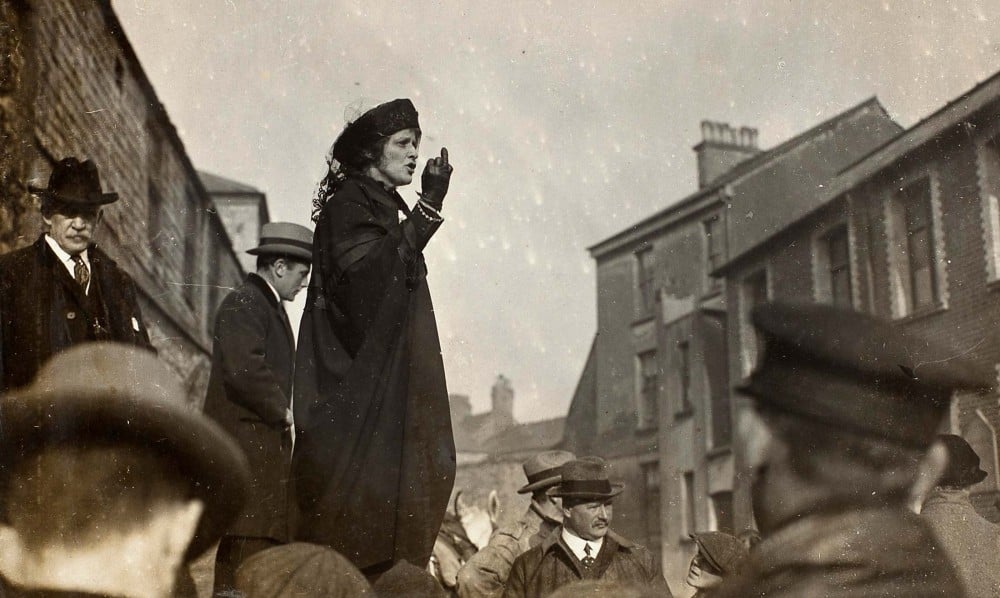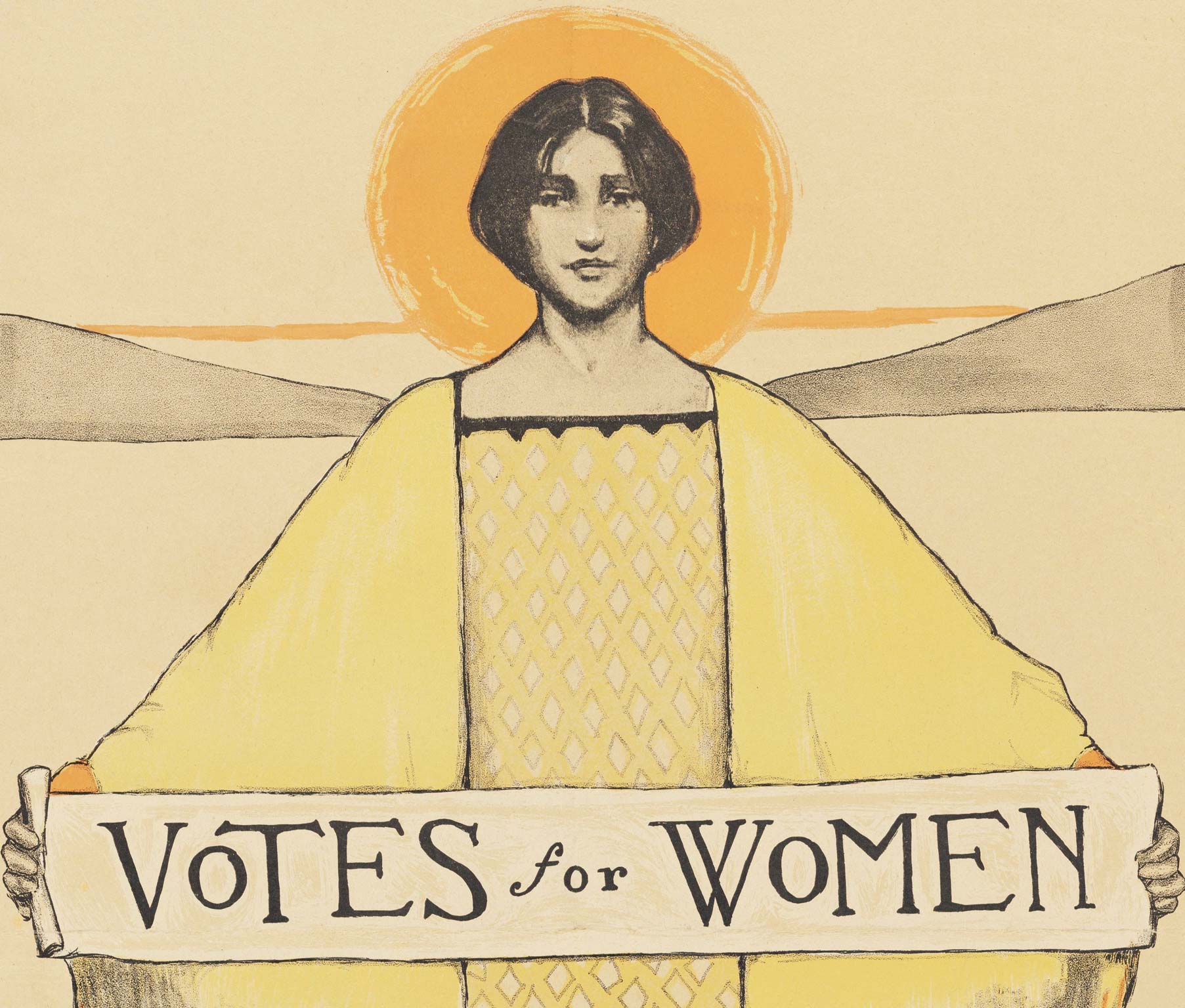Debate in parliament to extend voting rights to all women over 21
London, 28 February 1920 - A proposal to extend the vote to women from the age of 21 years has been discussed in the House of Commons. The private members’ bill to amend the Representation of the People Act was read for a second time yesterday after it was moved by Thomas Walter Grundy, Labour Party MP for Rother Valley.
As well lowering the voting age for women, the bill aims to remove the occupational or marital qualifications for women to vote in local and general elections. Only about one in 15 of the industrial working women of the UK are on the register, it was claimed, and the proposal is intended to place women on the same electoral footing as men on the basis that they were equal in intelligence and could be trusted to make the same rational decisions as men.
Gideon Oliphant-Murray, Conservative MP for St Rollox, opposing the proposal, said the 1918 Act went far enough for the present and further extension was not desired by the country. He claimed that women of 21 were more ‘emotional’ than men of the same age and added that 25 was the age at which he believed both men and women should be enfranchised.

Lady Astor during her election campaign in 1919. She has argued for an extension of the franchise to more women in the UK (Image: London School of Economics)
Speaking for the government, Christopher Addison stated that the lowering of the voting age for women would add five million people to the electorate and create a situation where there were about half a million more women than men entitled to vote.
Lady Astor, the only current sitting female MP, told the House of Commons: ‘It is not for the sake of the women that I want this bill; it is for the sake of the country.’ Women, she argued, brought to public life a ‘private sort of moral courage’ that men need.
Dismissing concerns about the maturity levels of young women, Lady Astor said that ‘we all know that women at the age of 18 are far older and wiser in many many ways than the man at 25’.
She added: ‘The country never in its life needed women's courage more than it does now… The people who do not want women in public life are too late, and it is really madness. There are certain reforms we women want, and we are going to get them. It is for your sakes and their sakes. I am so fond of men, and that is why I want more women to have the vote. It is really our love for them that makes us want to help men in public life as well as in private life… There is a soul and spirit in the women of England, a spirit to help which they are going to give you, and we are grateful to honourable members for giving us a chance of asserting our views.’
[Editor's note: This is an article from Century Ireland, a fortnightly online newspaper, written from the perspective of a journalist 100 years ago, based on news reports of the time.]





















